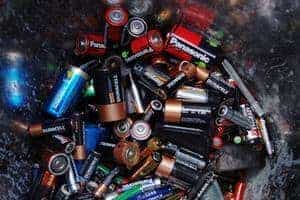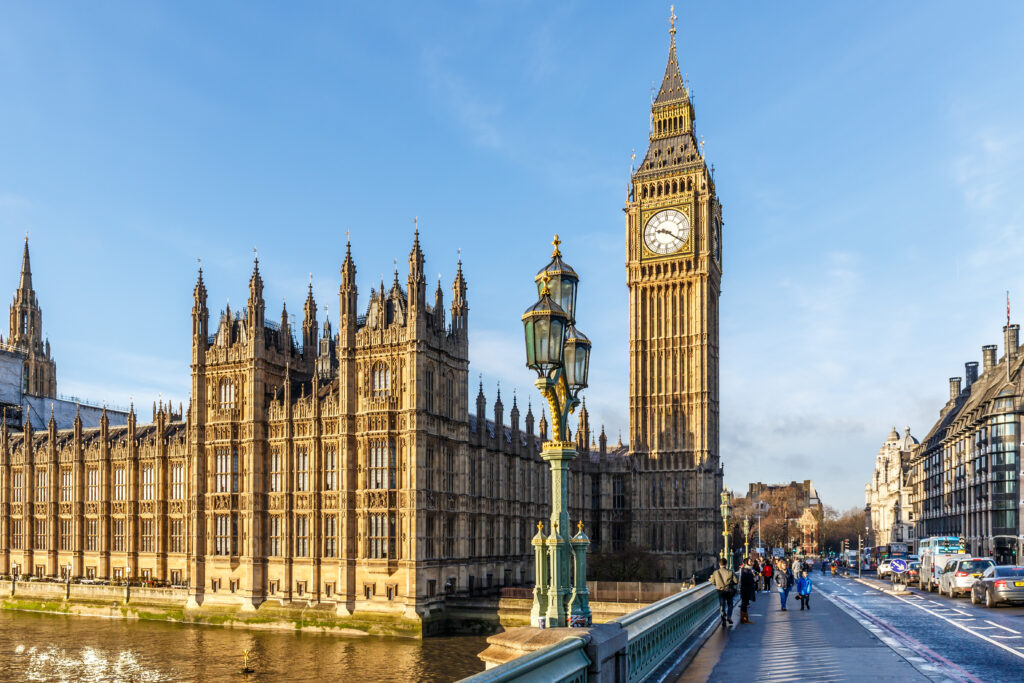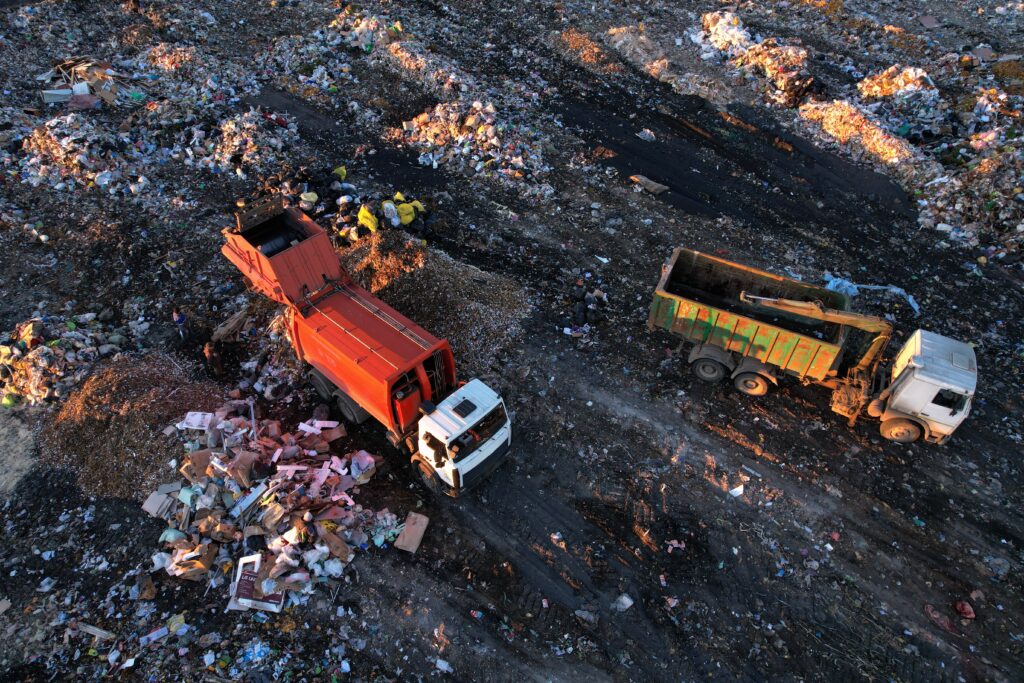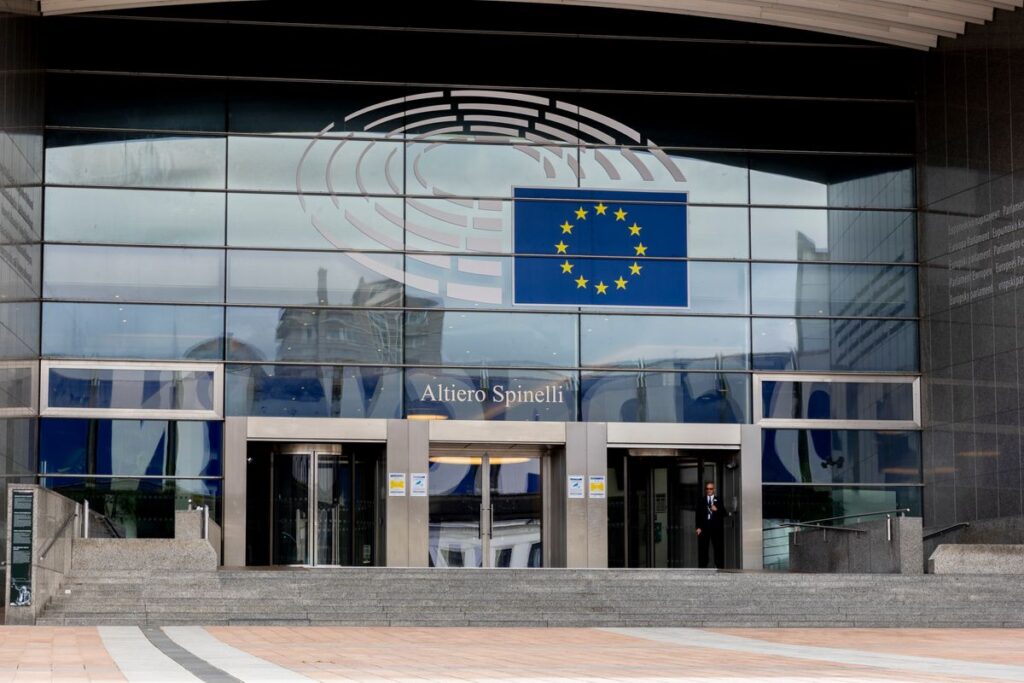However, the company has said it will continue to offer a battery compliance service for the 26 members who had signed up to its scheme by formally registering them as producers via rival scheme ERP, and will also continue to collect batteries.
It means that DHL does not have to pay the £118,000 fee which the remaining six approved battery compliance schemes have had to pay to the Environment Agency to operate in the 2010 compliance period.
And, DHL's producer compliance manager, Richard Barnish, claimed that the agreement with ERP would also “play to both our strengths”, which he said, in the case of DHL, were logistics and collecting what he claimed were “quite a few” waste batteries that it had access to.
Explaining the reasons behind the decision, DHL's general manager for development, Paul James, said: “The advantage comes from the fact that only one of us will have to officially register as a battery scheme and pay the significant Environment Agency Registration fee. Since ERP already have the UK's biggest battery compliance scheme it makes sense for this to be ERP.
“By registering our members with the EA through ERP we're able to minimise costs whilst still providing a full compliance service – it's a great outcome for all concerned,” he added.
While ERP had just 32 members when the initial list of producers was published in November 2009, it includes Duracell – which has a 55% of the UK portable battery market, as well as mobile phone producers such as Hutchison 3G, Sony Ericsson and Telefonica O2 among its membership (see letsrecycle.com story).
And, speaking to letsrecycle.com today (January 5) about how DHL planned to work with ERP, Mr Burnish explained that, while the initial tonnages of batteries collected by DHL would be used to meet the obligation of the producers which had originally signed up with its scheme, “the excess will be used to help ERP to comply”.
However, he noted that ERP had other collectors and was “not simply relying on us”.
Mr Burnish claimed that all of DHL's original members were “happy” with the arrangement and that, apart from the registering of the producers with the Agency, “everything else on an operational side will be done by us”, adding that “it'll be completely seemless”.
Environment Agency
DHL's withdrawal was confirmed by Bob Mead, batteries implementation project manager at the Environment Agency, who explained that the company had contacted the regulator before Christmas asking to have its approval withdrawn.
“The reason they gave in their letter was that they had failed to recruit sufficient members to make it commercially viable for them to run a scheme,” he added, noting that the Agency was “grateful” that DHL had made his decision before producer responsibility was up-and-running.
A formal notice on the withdrawal was issued to DHL on December 23, before taking effect on December 31, while the Agency also wrote to all the scheme's members advising them that they had 42 days to either join another scheme, or the less likely option of establishing a scheme themselves.
Originally, the Environment Agency believed there would be just three or four batteries compliance schemes, but Mr Mead acknowledged that, with the number of obligated producers higher than originally expected “we took a view that the market could support more than anticipated”.
However, he stressed that “the whole issue is that the market decides how many schemes are viable”.
ERP
ERP's general manager, Scott Butler, claimed that the deal with DHL represented a “very positive move” for his scheme and its members, assuring them their compliance needs would be met in the “most cost-effective way”.
And, echoing Mr Barnish's comments, he said: ” The relationship provides a good fit between our respective skills and I'm confident that it will help both ERP and DHL to deliver long term, sustainable, cost effective compliance for our respective members.”









Subscribe for free